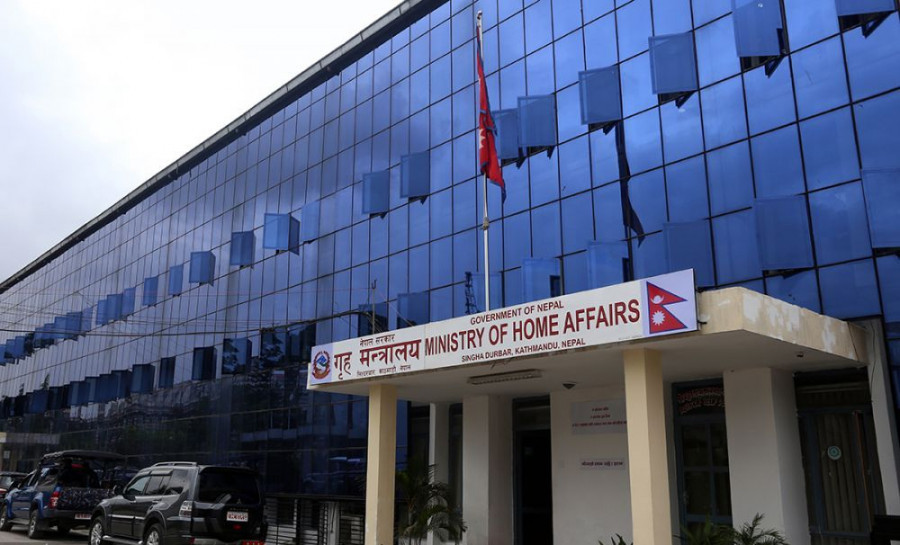Money
Seized assets to be used to earn revenue
Earlier, property confiscated by the government used to remain unused until the court had delivered final verdicts.
Prithvi Man Shrestha
The door has opened for the government to manage the properties seized and forfeited related to various criminal offences for income generating activities.
With a new regulation to Offence related to Assets and Goods (Freezing and Confiscation) Act-2070 introduced earlier this week, the government aims to use such properties into revenue generating activities, such as leasing or renting out the properties and using confiscated land for farming purposes.
The regulation, however, does not explain when the seized or forfeited properties can be utilised for revenue generating activities.
Krishna Prasad Pantha, under secretary at the Ministry of Home Affairs, admitted that the newly introduced regulation was vague.
“The seized properties that have been presented as evidence in a crime case can be used for revenue generating activities after taking approval from the concerned court,” he said. “But it is still not clear whether all seized properties can be utilised for income generating activities.”
Earlier, properties and goods confiscated by the government authorities used to remain unused until the court had announced final verdicts.
Nepal Police, Department of Money Laundering Investigation, Commission for Investigation of Abuse of Authority and Department of Revenue Investigation are among the agencies authorised to confiscate goods and properties. These agencies seize and freeze properties and goods of the alleged offenders.
Officials say even those properties and goods forfeited to the government as per court verdicts are not being managed properly.
The new law was introduced to use such properties for productive use.
The law envisions formation of a department to manage seized and forfeited properties.
The Home Ministry has constituted Faulty Asset Management Unit to coordinate the management of such properties until the proposed department is formed.
Officials at the ministry said that the government does not have the exact details on how much properties and goods are being held by various regulating agencies.
“We are collecting the details through the District Administration Offices across the country,” said Pantha, the under secretary.
As per Section 9 of the Act, an investigative officer needs to submit the details of the confiscated properties to the District Administration Office every month. In the case of Kathmandu Valley, the investigation officer needs to submit such details to the relevant authority designed to manage such properties.
As the department has not been formed, the Faulty Asset Management Unit is collecting the details right now.
“It takes time for the formation of the department as organisation and management survey needs to be conducted before such an office is formed,” said Chakra Bahadur Budha, spokesperson at the Home Ministry.
Even though the ministry has been collecting details from the District Administration Offices about such assets, the ministry is yet to coordinate with other regulatory authorities which do not fall under the purview of the Home Ministry.
“We need to coordinate with agencies such as the Department of Money Laundering and other regulatory agencies,” said Pantha.




 9.6°C Kathmandu
9.6°C Kathmandu















